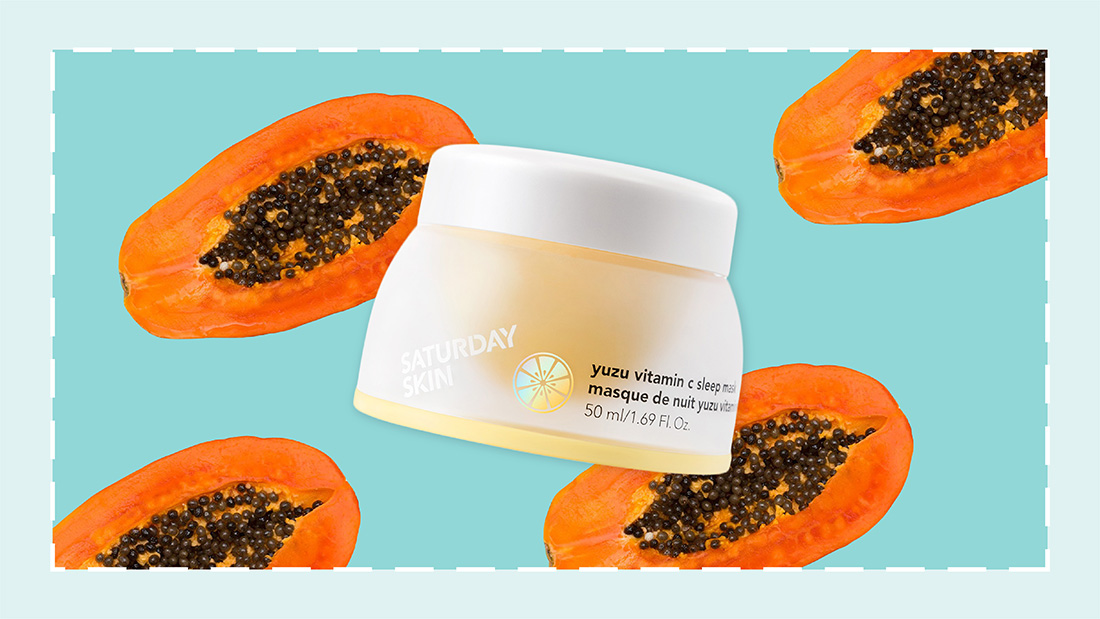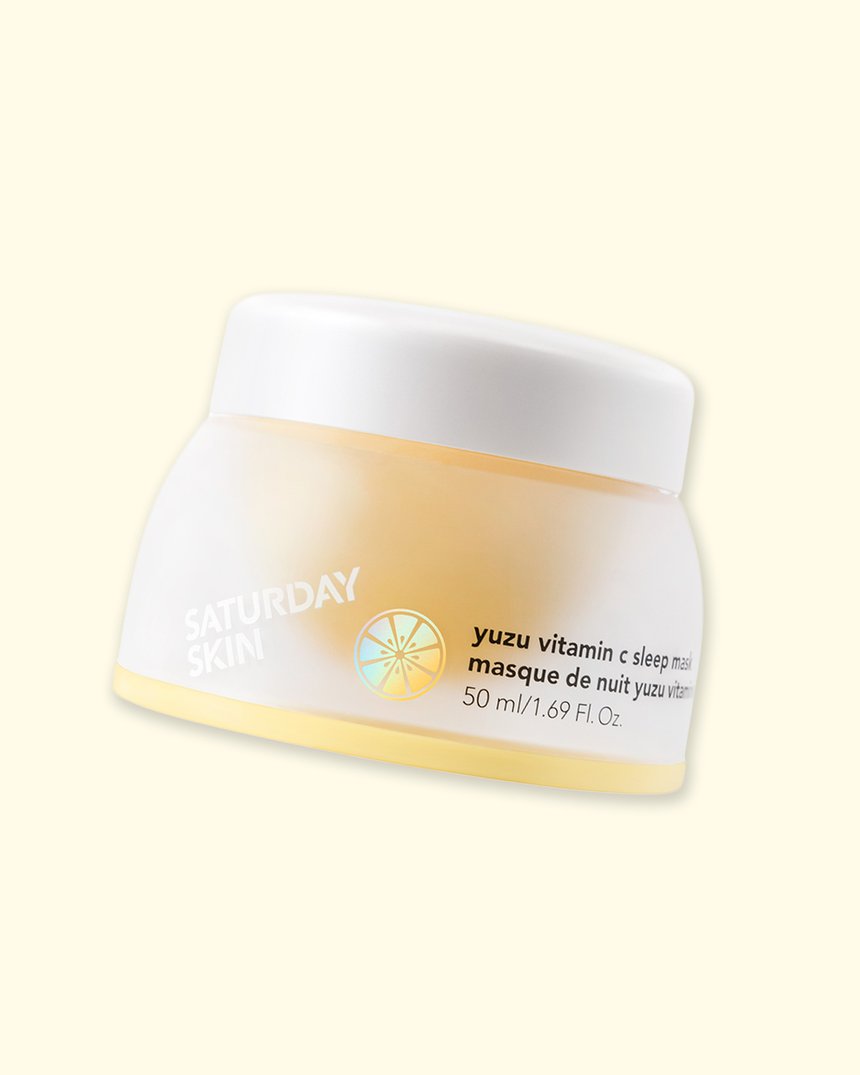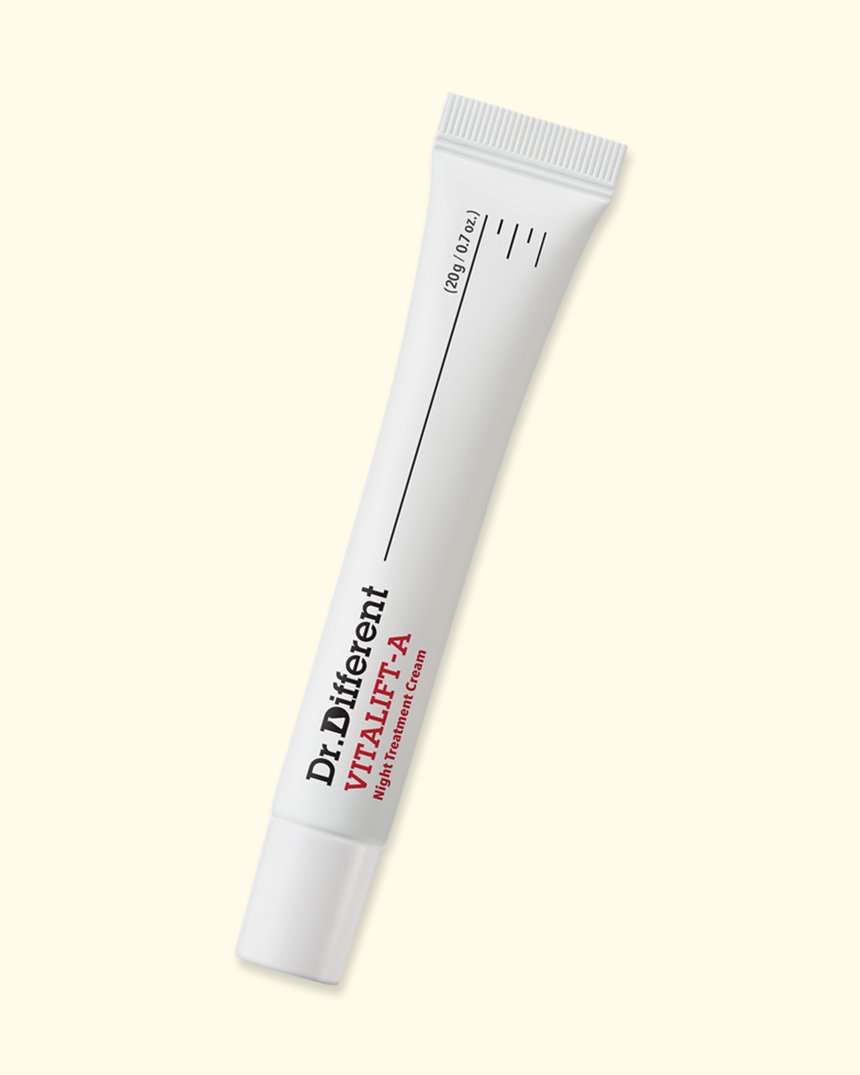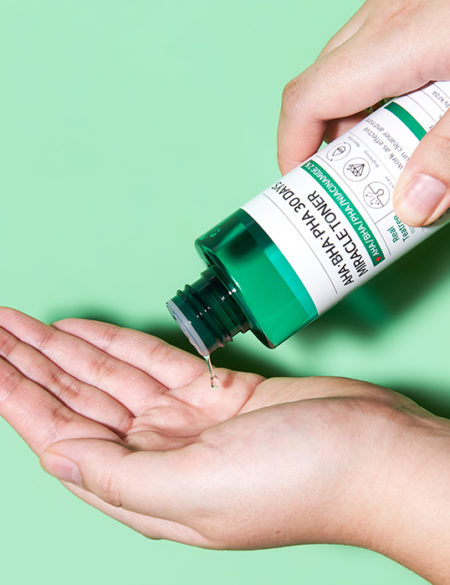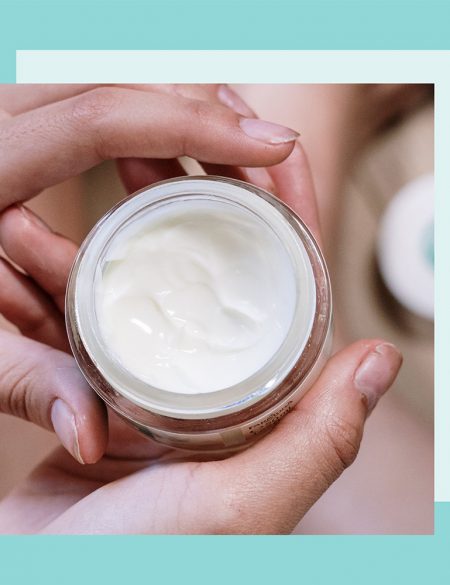Ever wonder why the whole world seems to be in love with retinol? We’ve got the answers.
Let’s be honest, you’ve heard of retinol. If skin care had a cool kids table, retinol would be its queen bee, standing out above the crowd (and occasionally telling other ingredients that they can’t sit with her.) From acne-fighting to skin-brightening to anti-aging, retinol gets name-dropped as a solution for a veritable cornucopia of skin issues. It’s the metaphorical A-lister of the beauty world, and just like its blockbuster counterparts, for years it’s left people asking (in their best dramatic “Hollywood” voice) “how doooooes it do it?”
If you’ve been wondering why everyone is fawning over the wonders of retinol, or maybe just wondering if you should join them, here’s everything you need to know.
What is retinol?
“Retinol is a vitamin A derivative which works to decrease oil production, promote cellular turnover, and increase collagen synthesis,” explains dermatologist Annie Chiu.
But not all vitamin A derivatives are retinol; in fact there’s a whole class of ingredients known as retinoids that branch off from the vitamin A family tree.
“Over the counter versions include retinoic acid and retinadelhyde, and even the newly available over-the-counter acne medication adapalene (Differin) for acne, while prescription versions of retinol include tretinoin (aka Renova or Retin-A) and tazarotene,” says Chiu. The difference comes down to formulations and strengths, but they are all, on an essential level, performing the same functions.
What does it do?
So what are those functions? At its most basic, retinol speeds up cell turnover, and in case you’ve read that so many times in beauty ads that your brain no longer processes what that means, here’s the quick and dirty: Your body has a natural schedule for when skin cells die off, slough away (with the help of some friendly exfoliation), and are replaced by new cells. Retinol kicks that process into high gear, which has lots of benefits for skin.
Getting rid of dead skin cells faster means less chance for pores to get blocked, and in turn, decreased surface acne. The sloughing also helps to chip away at photo damage (think: dark spots and hyperpigmentation) so brighter skin is on the menu too. And the amped up skin cell production also pumps up the volume on the production of collagen, that magical plumping substance that keeps skin elastic and wrinkles at bay.
That variety, according to Chiu, is why retinol is at the top of so many dermatologists love list, a one-ingredient solution that checks boxes for lots of different age groups, skin types, and beauty struggles.
Who should use it?
If skin-changing ability is the first line on retinol’s resume, then its next most famous trait is a lot less flattering. “Retinols can at times be irritating, causing too much flaking or redness,” warns Chiu. “Patients with very dry, sensitive, or redness-prone skin have to be extra careful.” Sensitive and dry types may be particularly prone to suffering at the start of a retinol regimen, but that doesn’t mean that normal-to-oily types are exempt…or that retinol is off the table for more delicate complexions.
How should you use it?
The key to successfully working retinol into your routine without sending yourself down a road to flaking and irritation is to avoid overload. That can mean using a retinol product every other night or even every third night until the skin begins to adjust (a process called tachphylaxis.) Or you can opt for a formula that features retinol along with other more skin coddling ingredients.
We like the Saturday Skin Yuzu Vitamin C Sleep Mask for skin types really seeking out brightening and hydrating effects. It combines the effects of vitamin C and vitamin A with niacinamide and tocopherol. We’ve also been loving Dr. Different’s Vitalift-A, a night skin treatment especially formulated with retinal for those looking to smooth fine lines and wrinkles.


